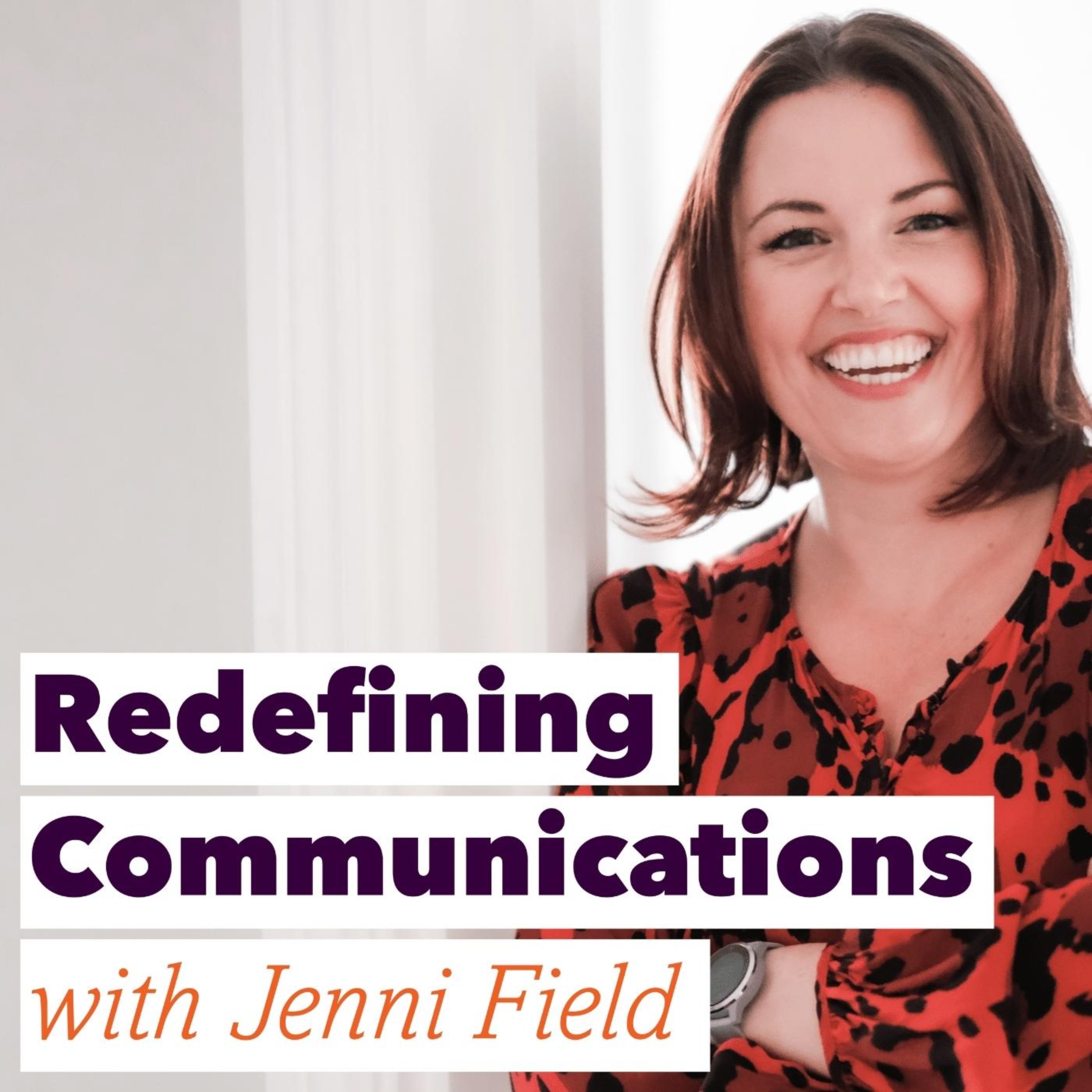
The Grey Lit Café
The Grey Lit Café
Scholarly podcasts, with Mack Hagood
Anthony Haynes writes: Nobody could accuse The Grey Lit Café of ignoring innovation in the communication of science and research! In fact, we're delighted to showcase innovative thinking, as in such episodes as
- Innovation in research dissemination: Cora Cole on GreyLit
- Online lecturing: Bart Hallmark on pitfalls and good practice
- Understanding preprints with Jonny Coates
- and shortly we'll be publishing an interview with Giovanni Salucci on his notion of 'the quality blog'.
Here, in an episode fizzing with intellectual excitement, Mack Hagood develops some innovative thinking on podcasting.
This episode
Why should scholarship be done aloud? And how should 'sonic' scholarship be done?
In pursuit of the answers to these questions, Mack Hagood (Associate Professor of Media and Communication at Miami University, Ohio) distinguishes between three types of podcast:
- 'hi-fi, mid-register';
- 'lo-fi, high-register'
- the 'third way' podcast - the form that Mack proposes as an alternative form to journal papers.
In the process, Mack delves into the characteristics and the benefits of this new form.
References and links
Mack Hagood, 'The scholarly podcast: form and function in audio academia' in Jeremy Wade-Morris & Eric Hoyt, Saving new sounds: podcast preservation and historiography (University of Michigan, 2021).
Mack Hagood's sites include:
The researcher mentioned at Cambridge Judge Business School is Pearl Phaovisaid.
The book on narrative is Shawn Callahan, Putting stories to work (Pepperberg Press, 2016).
Further listening
If you enjoyed listening to this episode, you might also enjoy:
Credits
- Sound production: Bart Hallmark
- Music: from Handel'
About the publisher
This episode is published by Frontinus Ltd. We're a communications consultancy that helps organisations and individuals to communicate scientific, professional, and technical content to non-specialist audiences.
We provide
- consultancy
- mentoring
- editing and writing
- training
and work on presentations, bids and proposals, and publications (for example, reports and papers).
To learn more about services or explore ways of working together, please contact us via our website, http://frontinus.org.uk/.
Podcasts we love
Check out these other fine podcasts recommended by us, not an algorithm.

Redefining Communications with Jenni Field
Jenni Field
Communication Strategy That Works
Emma Drake

